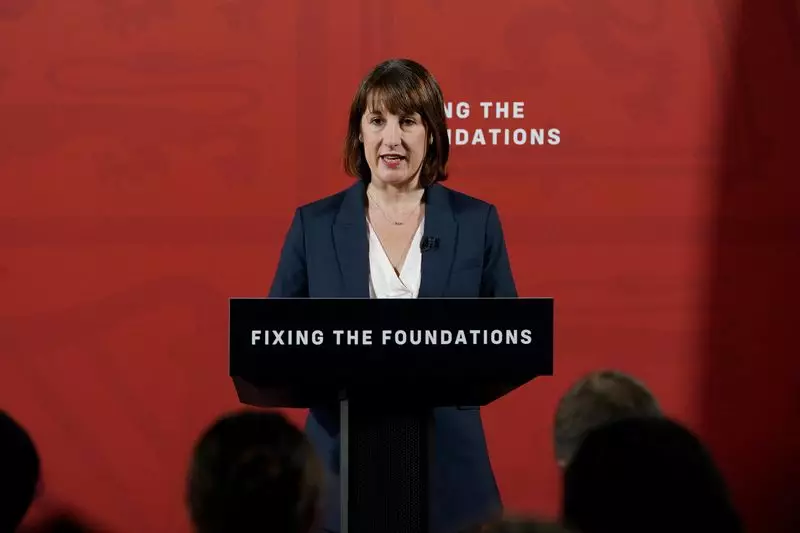British finance minister Rachel Reeves has recently announced plans to raise taxes in the upcoming budget scheduled for October 30th. This decision comes as a response to a 22 billion pound shortfall in this year’s budget, highlighting the need for additional revenue to cover government expenses. Reeves, who assumed her role after the Labour Party’s election victory, made these statements in an interview with The News Agents podcast.
While Reeves did not specify which taxes would be affected by the increase, she did express her commitment not to raise the rates of income tax, National Insurance contributions, value-added tax (VAT), and corporation tax. This leaves room for speculation on other potential tax hikes that could be introduced in the upcoming budget. The move to increase taxes comes on the heels of 13.5 billion pounds worth of spending cuts over the next two years, which were announced earlier.
Reeves justified the need for both spending cuts and tax increases by pointing to the alleged mismanagement of public finances by the previous Conservative government. She argued that the true state of the public finances had been concealed, necessitating tough decisions to address the budget deficit. The Conservative Party, which held power for 14 years prior to the Labour Party’s victory, has refuted these claims and insists that Labour had always intended to raise taxes.
The decision to raise taxes in the upcoming budget could have significant implications for the British economy. While the specific details of the tax increase remain undisclosed, it is expected to impact businesses and individuals alike. The combination of tax hikes and spending cuts is likely to influence consumer spending, investment decisions, and overall economic growth. It remains to be seen how the public will react to these changes and how they will affect the country’s fiscal outlook moving forward.
The announcement of a tax increase in the upcoming British budget has sparked debates and concerns about the state of the economy and public finances. As the government seeks to address the budget shortfall and implement reforms, the impact of these decisions on taxpayers and the wider economy will be closely monitored. The upcoming budget will shed more light on the specific tax changes to come and provide further clarity on the government’s fiscal strategy.


Leave a Reply